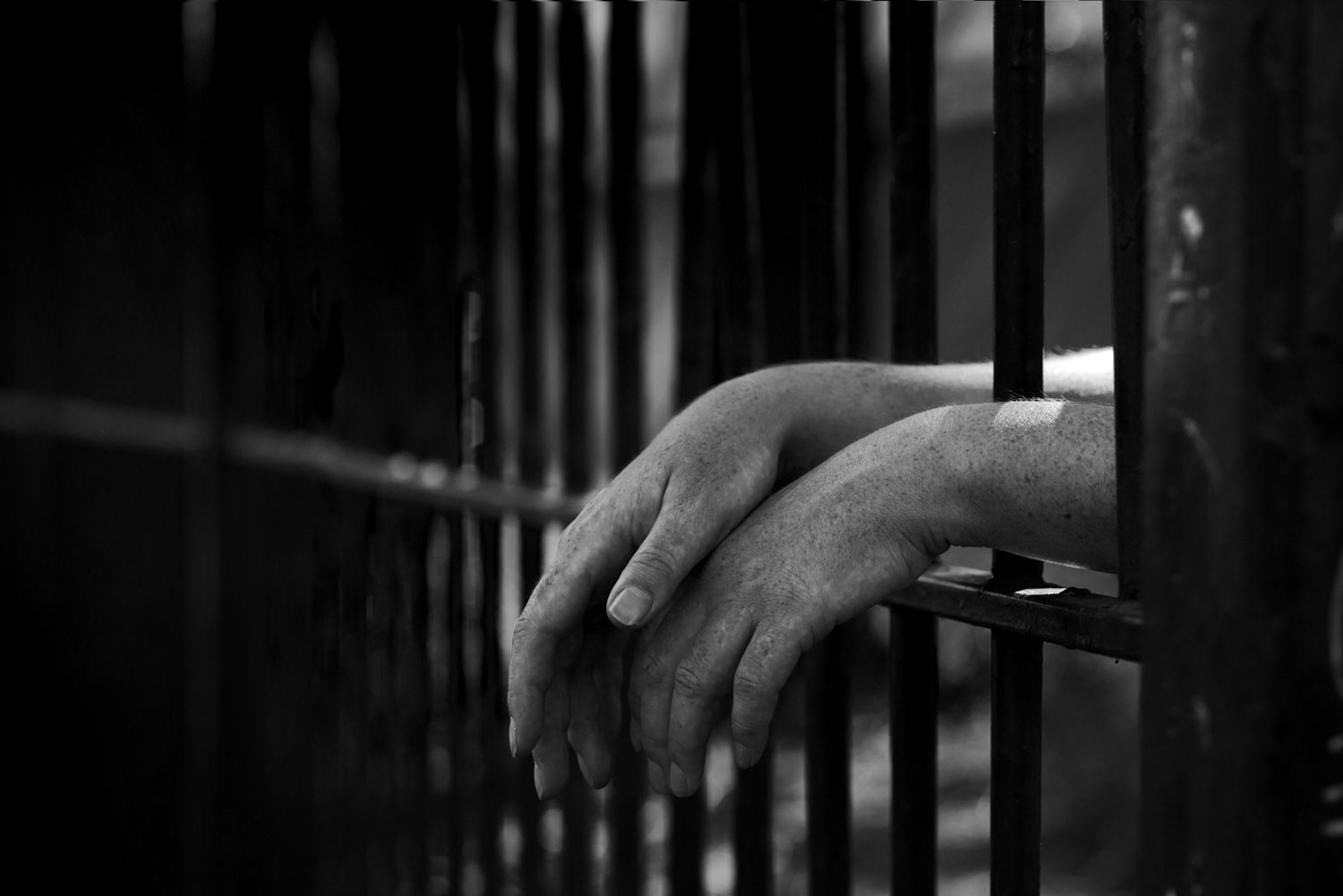***On 4 May 2019, United Arab Emirates (UAE) prisoner Alia Abdulnoor died in custody following a battle with terminal breast cancer.
On 26 February 2019, United Nations (UN) rights experts, including Dainius Pūras, Special Rapporteur on the right of everyone to the enjoyment of the highest attainable standard of physical and mental health, Nils Melzer, Special Rapporteur on torture and other cruel, inhuman or degrading treatment or punishment, and Fionnuala Ní Aolái, Special Rapporteur on the promotion and protection of human rights and fundamental freedoms while countering terrorism, brought forth the case of United Arab Emirates (UAE) prisoner Alia Abdulnoor. Abdulnoor suffers from stage four terminal breast cancer, and the Special Rapporteurs called on the UAE authorities to release Abdulnoor and to allow her to “live her last days of life in dignity and with her family at home.”
On 28 July 2015, Abdulnoor was arrested by State Security authorities in her home during a night raid. Family members said security officials interrogated her while blindfolded and shackled, and threatened to physically harm her and her family. Abdulnoor was not informed of her charges until 5 September 2016, after nearly a year in pre-trial detention, and with her health rapidly deteriorating. Abdulnoor was charged with “financing terrorism” in relations to funds she helped raise for Syrian families in the UAE and war-affected women and children in Syria. The UAE sentenced her to ten years in prison on 16 February 2017 on the basis of a forced confession and a record of websites officials claimed she had visited, and on 15 May 2017 her conviction was upheld. During a court hearing on 18 January 2017, Abdulnoor’s lawyer called for the charges against her to be dropped on the basis of lack of sufficient evidence and a confession obtained under duress. Abdulnoor has also reportedly suffered through beatings, sleep deprivation and other mistreatment such as not being allowed to pray while in detention.
Abdulnoor’s health has continued to worsen while in prison and doctors recently informed her family that she has only a few months to live. In an April 2017 medical report reviewed by Human Rights Watch, Mafraq Hospital doctors stated Abdulnoor needed to start chemotherapy and undergo surgery, and claimed she was refusing treatment, but Abdulnoor’s family says a female prison guard forced Abdulnoor to sign a document stating she was refusing treatment. All requests by Abdulnoor’s family for medical release have been rejected without explanation, even though Federal Law No. 43 of 1992 of the UAE Constitution on Regulating Penal institutions allows for the public prosecutor to release any detainee suffering from a life-threatening illness. The last request submitted was followed by an unexplained transfer, on 10 January 2019, of Abdulnoor from Mafraq to Tawam hospital, where she reportedly continues to be denied appropriate medication to reduce her pain, and has yet to be transferred to a health institution specialized in cancer treatment rather than palliative care. With her health rapidly deteriorating, she is currently unable to stand or walk on her own. UAE law requires prison authorities to allow family members unimpeded access to prisoners with a terminal illness, but the UAE sporadically restricts family visits to Abdulnoor. Family members that were able to visit her say she is chained to her bed in a windowless room without ventilation and heavily guarded. When asked to remove the chains, they were told that the chains would only be removed after her death.
In their statement, the Special Rapporteurs called on the UAE to investigate alleged acts of torture and ill-treatment against Abdulnoor, and to prosecute those involved in line with its obligations under international human rights law. The UN rights experts also reminded the United Arab Emirates that torture and ill-treatment is universally and absolutely prohibited and that any statement made as a result of torture shall not be invoked as evidence. The expert stressed that not only should the charges be dropped, but the urgency of Abdulnoor’s medical condition should be fairly analyzed in order to grant a compassionate release.
Fritzle Pinedo is an Advocacy Intern with ADHRB.





